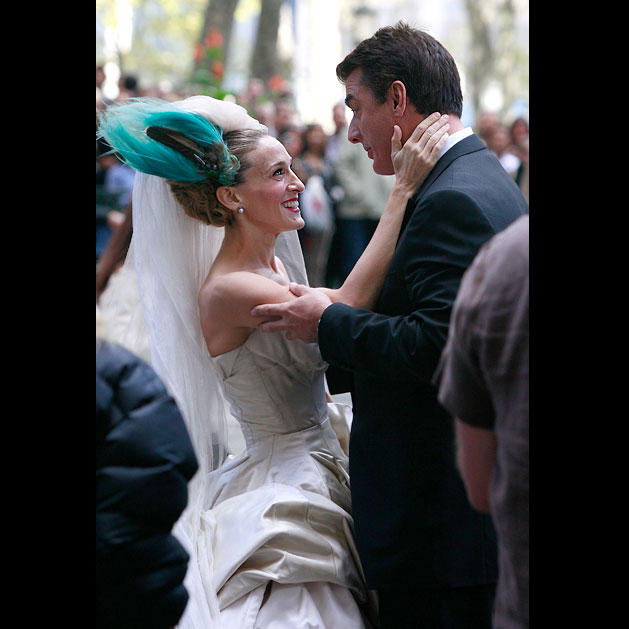What were we talking about just the other day? The need for a national water policy? How about just a little common sense? Ahem:
ATLANTA, Oct. 22 — For more than five months, the lake that provides drinking water to almost five million people here has been draining away in a withering drought. Sandy beaches have expanded into flats of orange mud. Tree stumps not seen in half a century have resurfaced. Scientists have warned of impending disaster.
And life has, for the most part, gone on just as before.
The response to the worst drought on record in the Southeast has unfolded in ultra-slow motion. All summer, more than a year after the drought began, fountains blithely sprayed, football fields were watered, prisoners got two showers a day and Coca-Cola’s bottling plants chugged along at full strength. In early October, on an 81-degree day, an outdoor theme park began to manufacture what was intended to be a 1.2-million gallon mountain of snow.
In late September, with Lake Lanier forecast to dip into the dregs of “dead storage” in less than four months, the state imposed a ban on outdoor water use.
Like lots of women, I’m a worrier by nature. I’ve been concerned about gas prices since OPEC was a new player on the scene, throughout the era of ’70s road boats and ’90s road freighters. I was an early adopter of recycling. Jimmy Carter didn’t have to tell me to turn down my thermostat; it was already lower than he recommended. So the idea that an area can be in a drought for two years and no one even considered whether it’s wise to keep watering lawns simply baffles me. (John and Sammy, my friends there, have been gray-watering for months, so I know at least some people have the sense to pay attention to the world around them.)
People have pointed out, correctly, that too much caution is as much a handicap to success as heedlessness, but I yam what I yam. My parents were Depression babies, and “waste not, want not” is part of the Midwestern DNA. It drives me nuts to see automatic sprinklers going in a downpour. I say, “Were you born in a barn?” And if my local landscape included sights like this at the reservoir that served us all, I wouldn’t be standing by smiling while someone tried to make snow on an 81-degree day.
I had a job interview a few years ago in Houston. People there crowed about how they had “air-conditioned the outdoors.” Never have I been so glad to not get the offer. Place would have made me insane.
We continue to keep our fingers crossed for our friends and readers in SoCal, no matter what idiots with a national platform say about the place. Three hundred thousand evacuations is quite a lot. Having lived here all my life, it’s hard to get my head around the conditions that could lead to such a disaster, and I give the WashPost credit for some pretty good description of the strangeness of the weather there: The winds were the Santa Anas that routinely sweep into Southern California from the northeast and funnel through its canyons, gaining speed, heat and dryness as they descend and compress. One gust was clocked at 112 mph, which I imagine would be like a blast in the face from a giant hair dryer.
I once asked a native why you couldn’t keep a house safe in a fire like that by, essentially, turning on a roof sprinkler. What if every house had a built-in water line that followed the peak of the roof, and when fires approached, you could attach hoses to the master line, turn them on, and keep it soaked down, the way firefighters will pour water on structures adjacent to out-of-control fires, so they don’t get engulfed, too?
I gather, from his reaction, that it was perhaps the stupidest remark possible, but only now do I fully understand why it wouldn’t work — the conditions are simply too super-dry and super-hot for water to do any good at all. You just have to wait for a break in the weather.
Well, it’s raining here. If I could, I’d send humidity your way.
Our friend Ashley is attending to family business today, but if he were here, perhaps he’d make the obvious New Orleans native remark: Let’s ask ourselves, is it wise to rebuild San Diego? I mean, isn’t it simply inevitable that another fire will come along someday and burn these structures all over again? Isn’t it foolish to develop areas that nature is programmed to clear out with fire every few years? Really, does it make sense?
I’ll leave you to think on that one.
In the meantime, it’s only stuff, folks. Although it’s hard to remember at a time like this.





